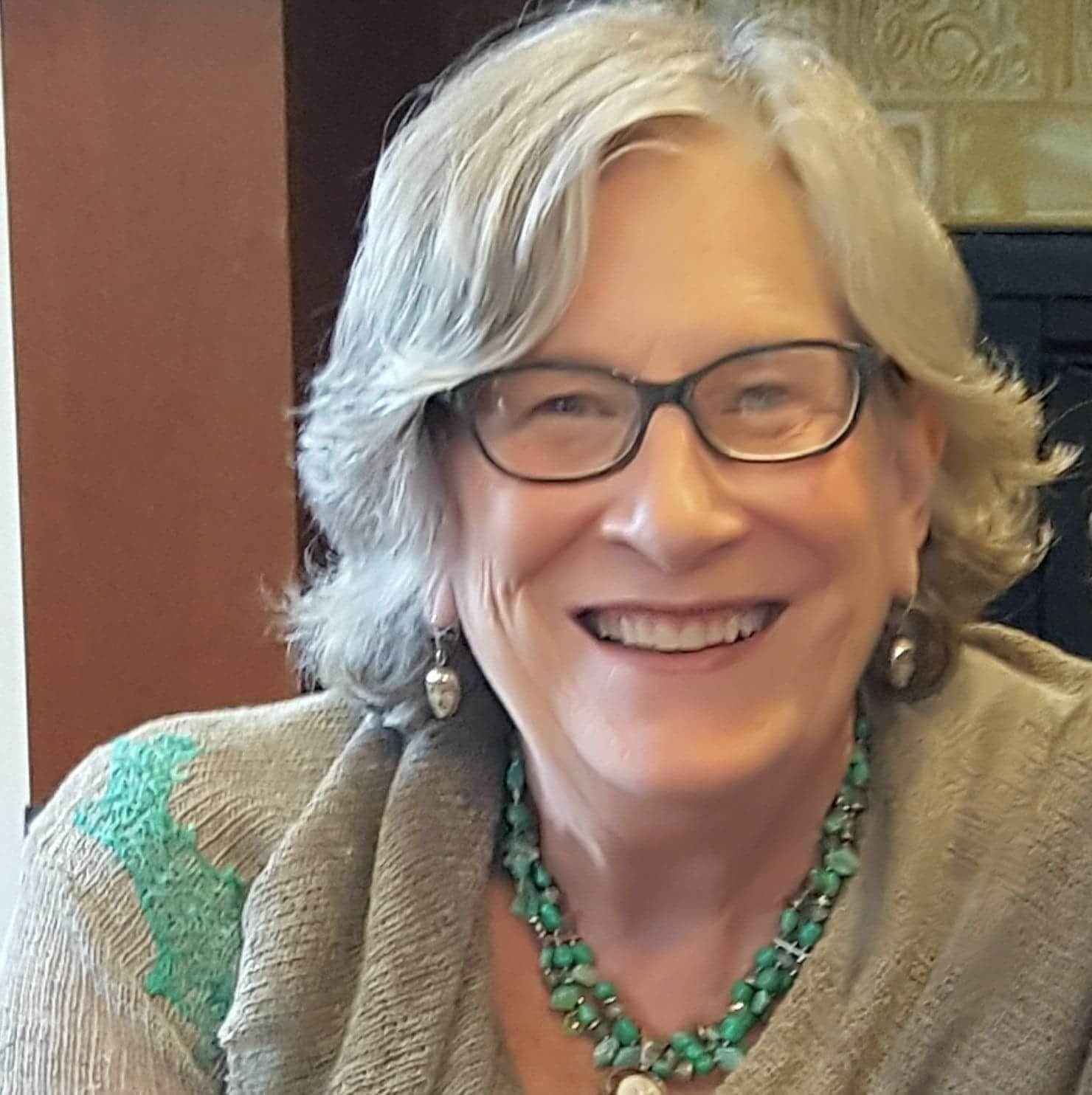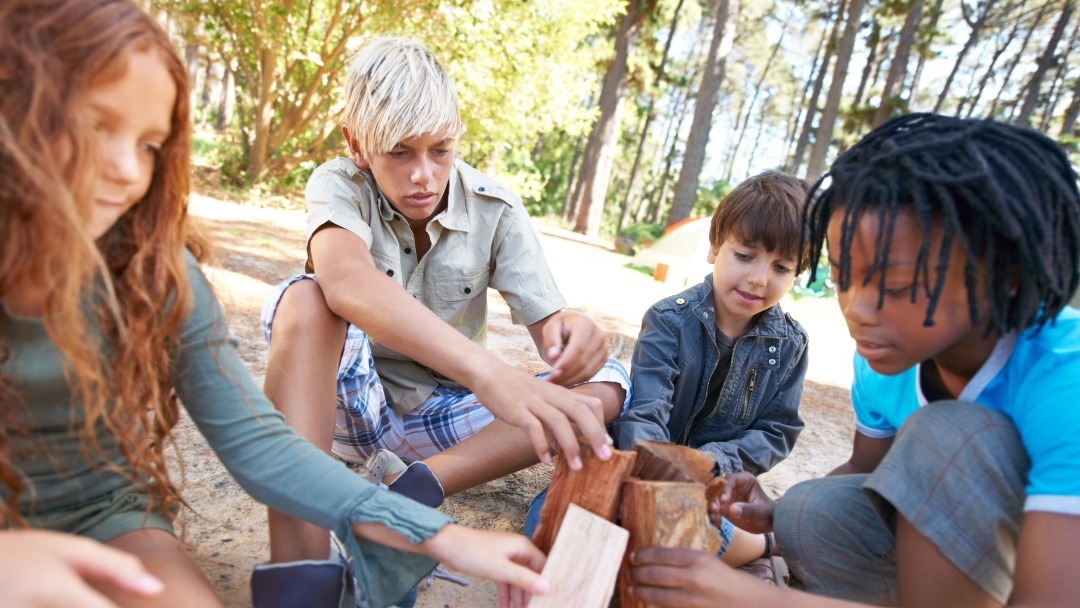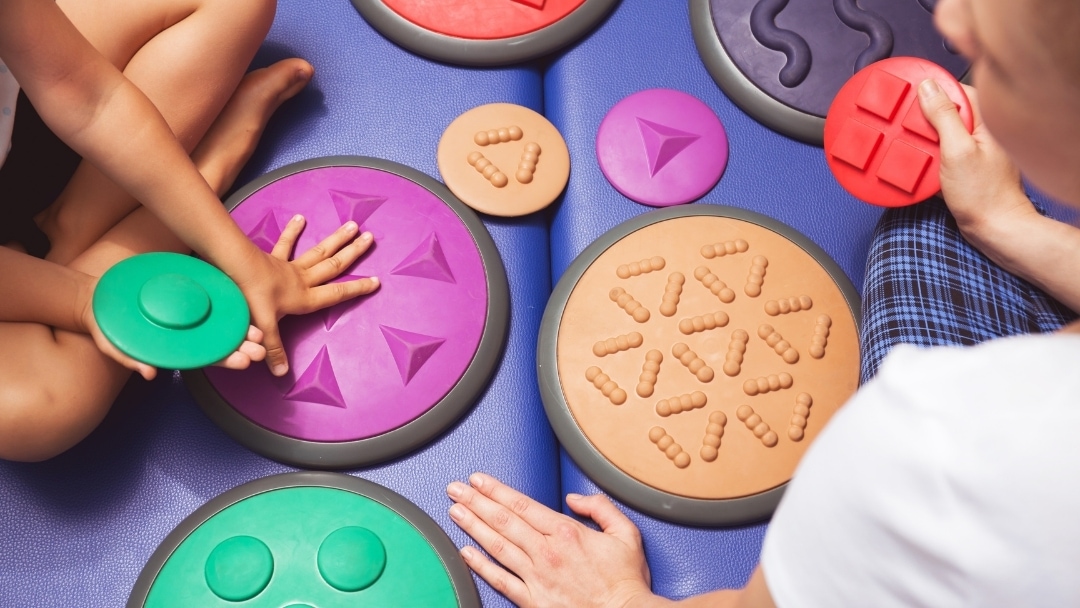Should your child go to special needs summer camps or to an Extended School Year (ESY) program? Patty Lemer discusses your options.
Parents frequently ask me to make recommendations about summer programming for their children with special needs. They are torn between using the season for intensifying therapy programs or giving the child a break from routine.
Any child who has an Individualized Education Plan (IEP) is eligible for an Extended School Year (ESY) program. First, “critical life skills” are identified in the IEP. Next, a committee determines if the child’s critical life skills, without ESY services:
- Will regress and not be recovered in a reasonable amount of time
- Are emerging and at a breakthrough point
- Are impeded by stereotypic, ritualistic or self-injurious behaviors
If an interruption in programming is likely to prevent a student from receiving some benefit from the educational program during the regular school year, the school system must provide ESY services. IEP goals for ESY are carried over from annual goals; no new goals are added.
ESY Benefits
My experience is that ESY services sound better than they are. The services tend not to be intensive or remedial, but to fulfill an obligation. There are often better ways for children with developmental delays to pass the summer months.
For the child in a self-contained class, summer be an opportunity to try some inclusion with typical peers. Integrating children with special needs with non-handicapped peers has been proven to be beneficial for both groups. Sometimes a “shadow” from a local graduate school in education, psychology or occupational therapy is necessary for success. Typical children learn about autism and attention deficits, while those with delays have a chance to practice social interactions, language and physical skills.
Special Needs Summer Camps
Many special needs summer camps are now available. Two overnight camps focusing on children with sensory integration dysfunction are Avanti in Wisconsin and Little Tree in Denver. They can serve prototypes for other camps in other areas.
The Washington, DC, area boasts at least two sensory integration (SI) day camps. One includes typical siblings of children with autism, attention deficits and emotional problems. Both are staffed by occupational therapists and OT undergraduates. Each day, children are involved in activities that stimulate and normalize touch, movement, listening and visual skills. Swimming lessons help children gain confidence and provide the opportunity for movement without the demands of resisting gravity. Some have friends for the first time and are deliriously happy with the nutritious sensory diet they get heavy work, finger painting and the martial arts.
Research studies have shown that children in programs such as these showed remarkable gains in language, social emotional and academic areas, although none of those was addressed directly. The children also did better in post-testing on a screening of neurological risk factors.
If a child meets ESY criteria, it is remotely possible that a school system will fund a private camp in the same way that it funds private school. Getting this service could require going to due process, however.
Other Ideas for Summer
Summer can be a great time to intensify or schedule therapy that is hard to fit in during the school year. I would recommend this for older children, especially. Here are some suggestions:
- Consider doing a couple of loops of auditory therapy. If you need to travel to a practitioner in a distant city, combine the trip with a visit to a to theme park or camping out.
- Increase vision therapy to several times a week.
- Do home therapy exercises outside.
- Enroll a child in FastForWord, Earobics or a Lindamood-Bell program.
- Find a tutor who understands sensory processing and incorporates movement into her sessions.
Vacations with children with special needs can be trying. One family I know was investigated for child abuse at a hotel in Disneyworld because their child with autism screamed all night.
Don’t expect your child to hop on a roller coaster and love it. But the unpredictable does happen. With a great deal of vestibular stimulation from ride after ride, one child I know of spoke his first words.
Trips to theme and national parks are opportunities for families to be together, bond and enjoy nature. Fortunately, many parks have tried to make it easier by issuing special passes to avoid long lines and other perks. Use the park’s web site or call before you go.
Remember to keep up the routines as well as proven sensory diets and nutritional diets that you know your child thrives on.
Just “hanging out” can be hard on everyone. Help relatives understand the importance of being flexible within set limits. Those not familiar with your child may think of behaviors as “bad,” when they truly are not.
Most important – have fun!
About Patricia S. Lemer LPC MEd
Patricia S. Lemer is a licensed professional counselor, holding a Masters of Education in counseling and learning disabilities from Boston College and a Masters in Business from Johns Hopkins University. She practiced as an educational diagnostician for over 40 years.
She was a co-founder and served as Executive Director of the international non-profit organization Developmental Delay Resources (DDR). After DDR merged with Epidemic Answers, she became Chairman of the Board. When she retired from the board, she became an emeritus board member.

She is the author of three books, the most recent of which is Outsmarting Autism, Updated and Expanded: Build Healthy Foundations for Communication, Socialization, and Behavior at All Ages (North Atlantic Books, 2019).
Lemer wrote over 50 editorials for "New Developments," the quarterly newsletter of Developmental Delay Resources (DDR), from 1995 - 2009. When DDR wound down, she wrote an online blog, "After the Diagnosis, Then What?" from 2009-2017. Her articles and blogs have been updated and archived on the Epidemic Answers website.
Since 2019, Patricia Lemer has recorded a bimonthly podcast, "The Autism Detective." In these hour-long shows, she interviews parents and professionals about their experiences in maximizing the potential of individuals on the autism spectrum. Over 100 episodes are available on Spotify and other online platforms. To learn more, go to PatriciaLemer.com and OutsmartingAutism.com
Still Looking for Answers?
Visit the Epidemic Answers Practitioner Directory to find a practitioner near you.
Join us inside our online membership community for parents, Healing Together, where you’ll find even more healing resources, expert guidance, and a community to support you every step of your child’s healing journey.




